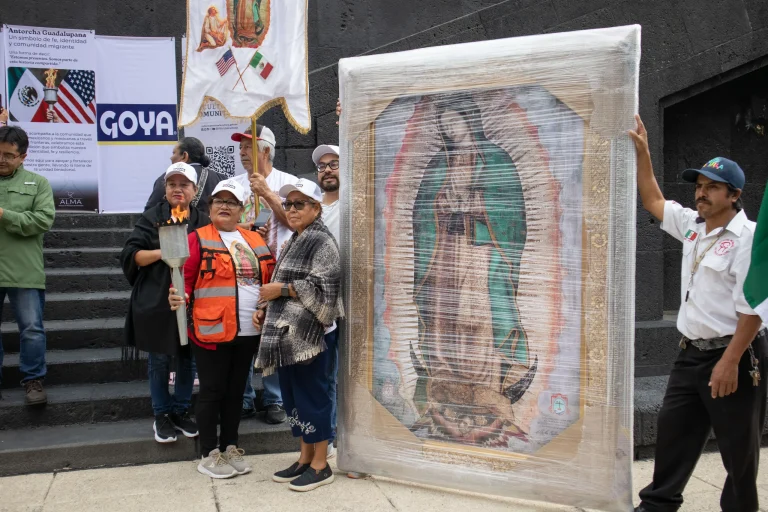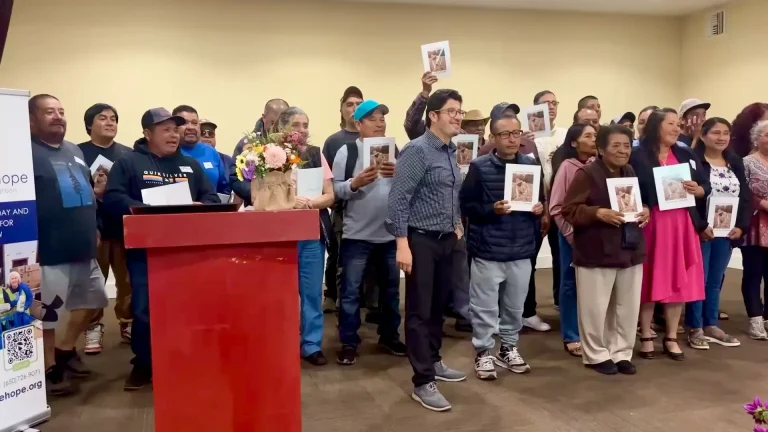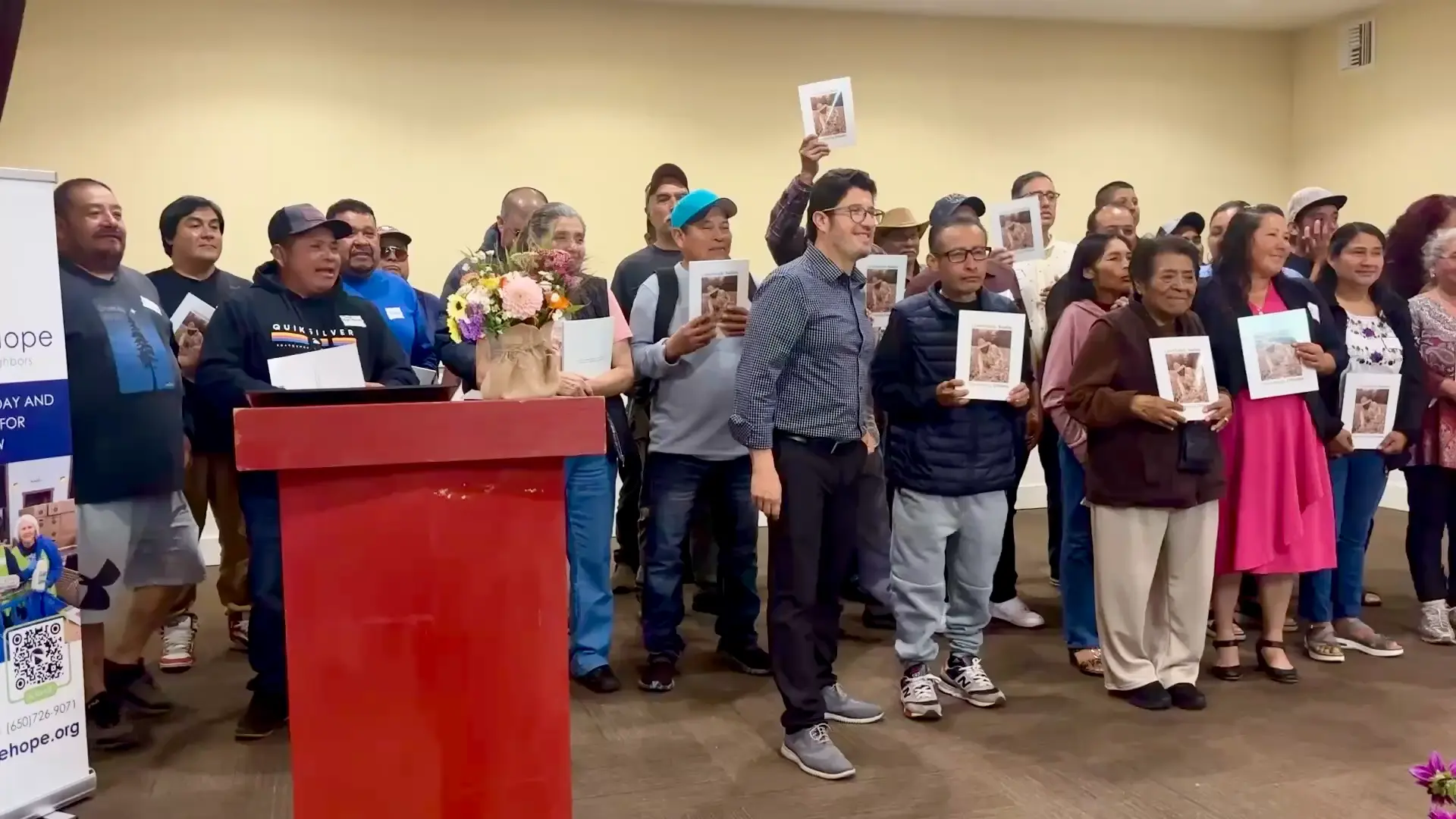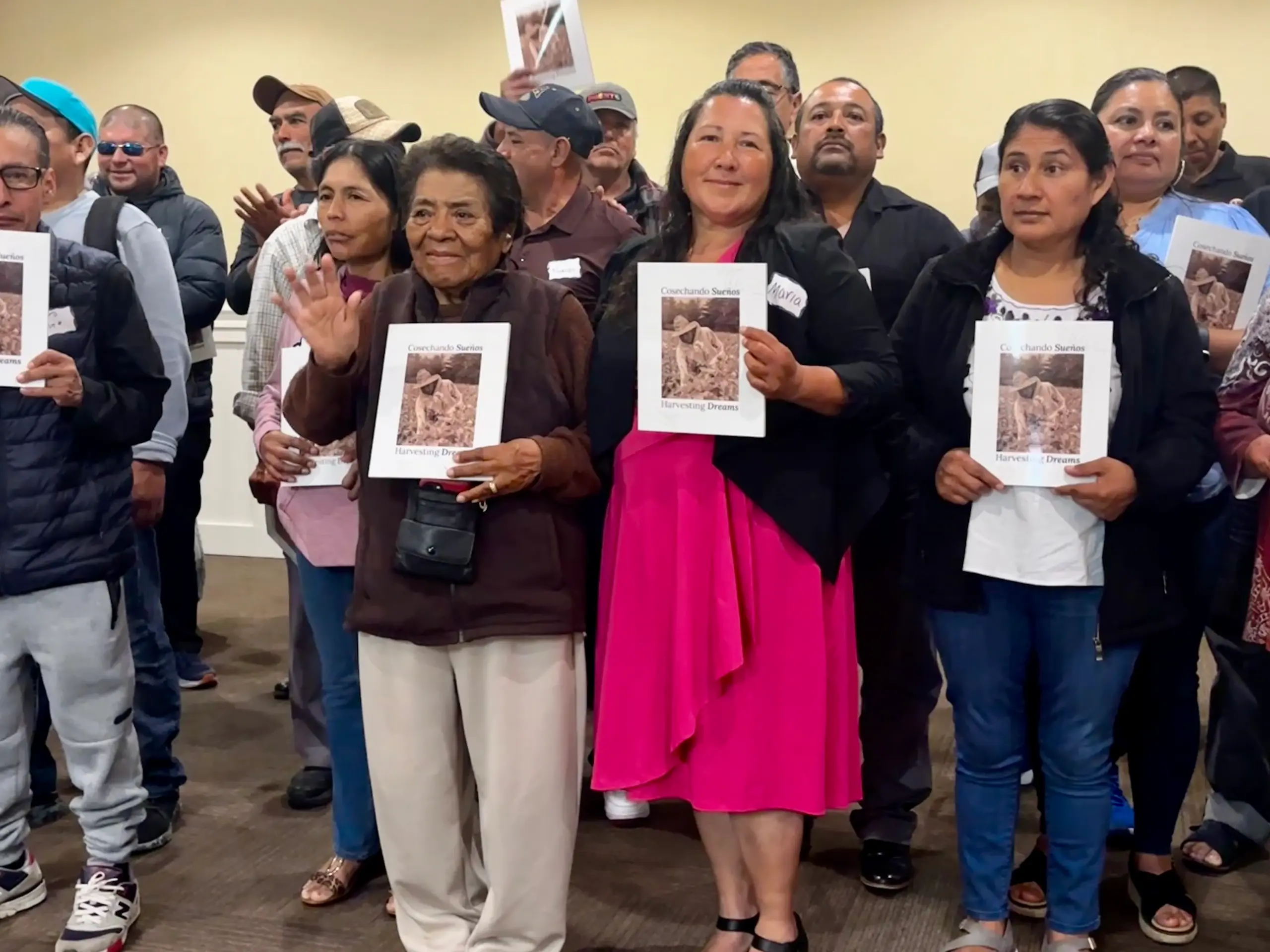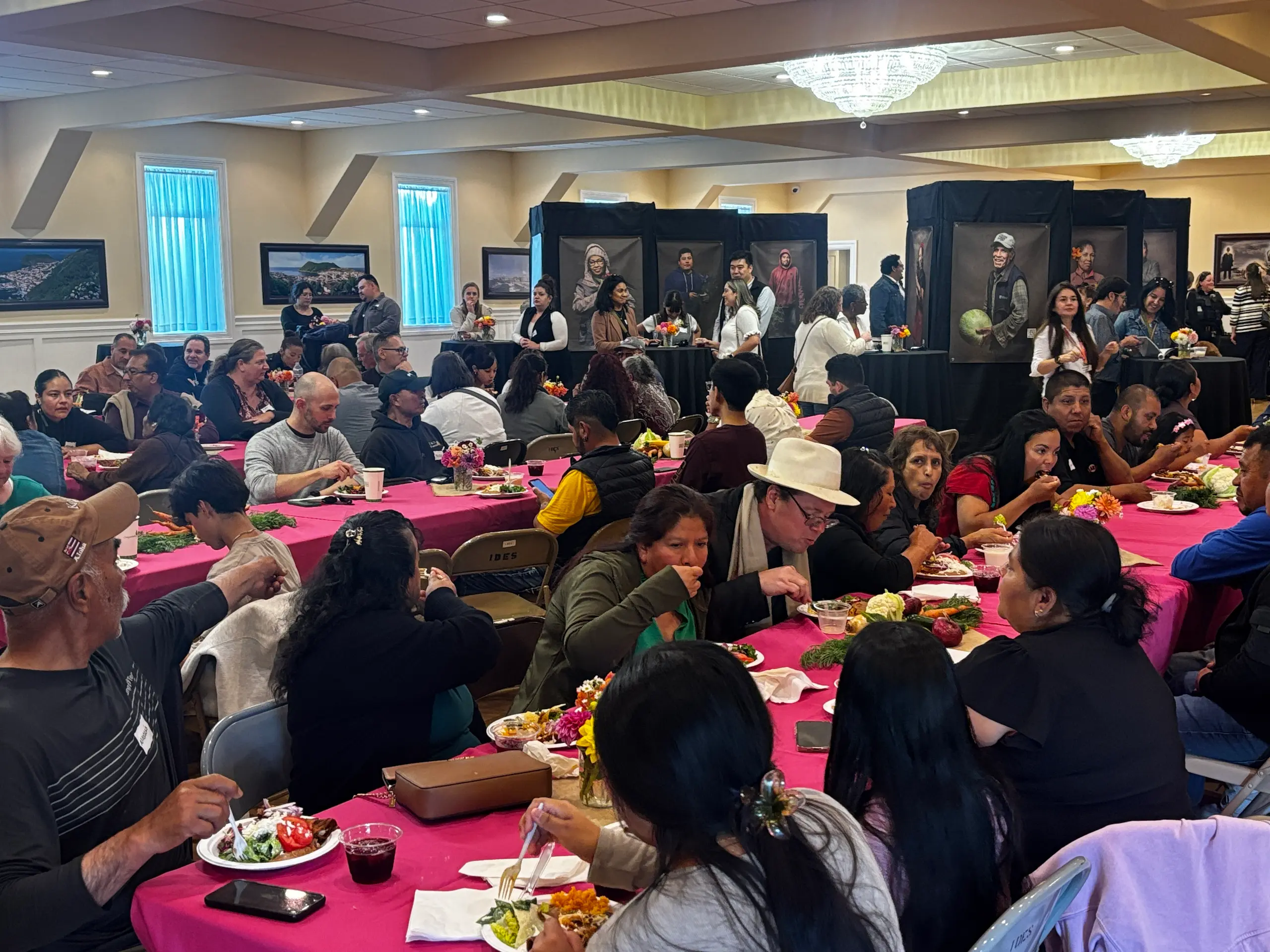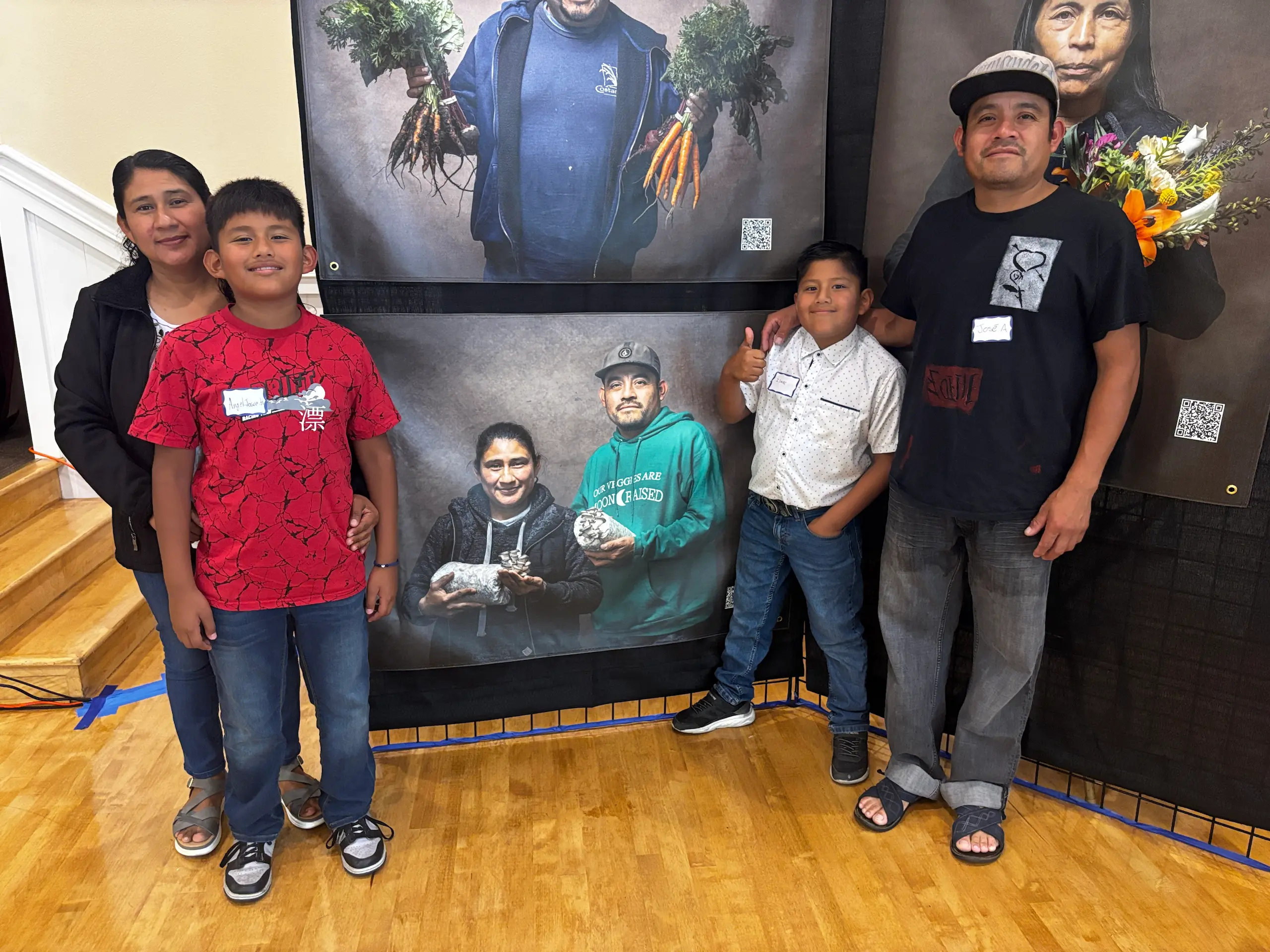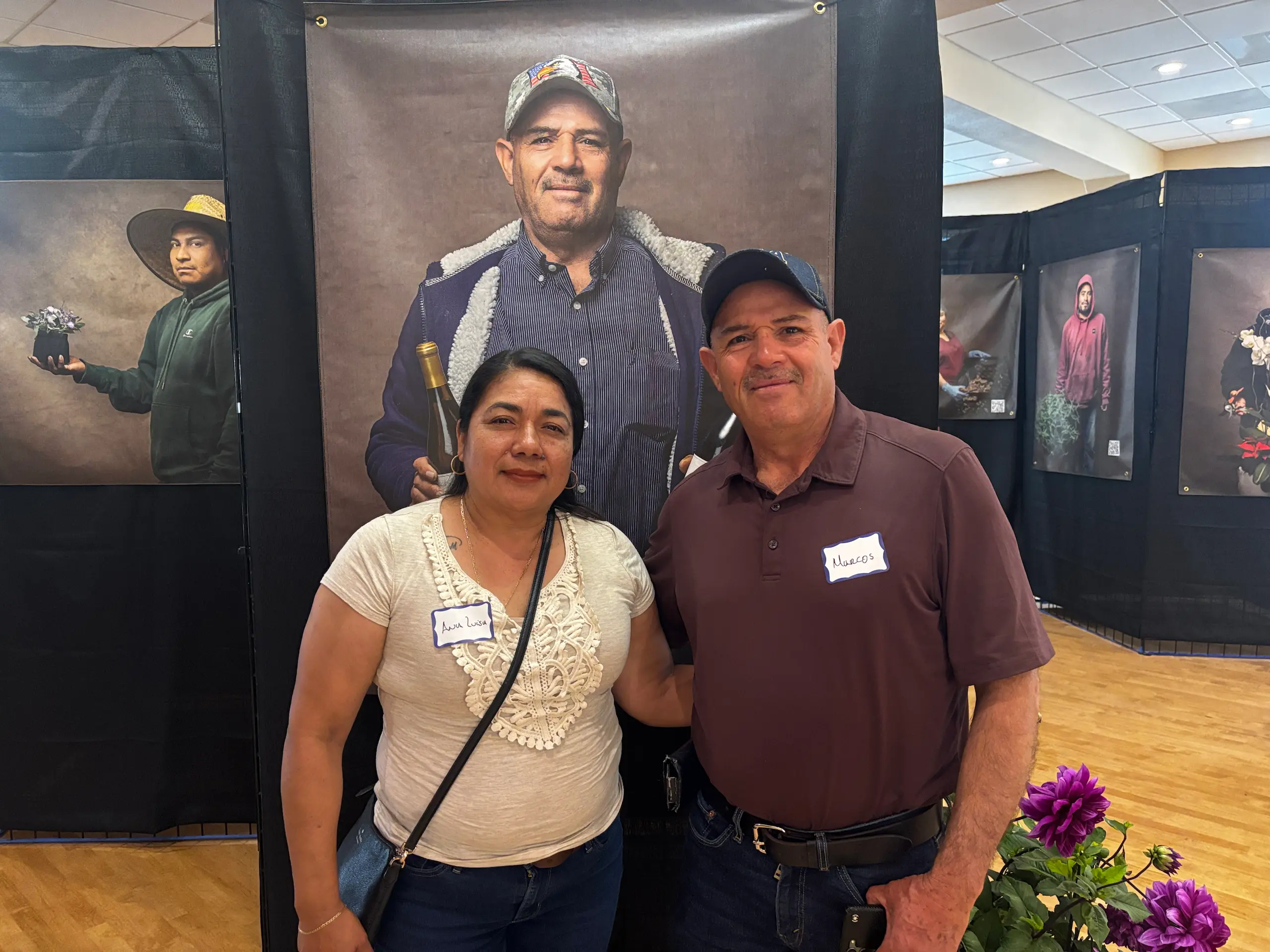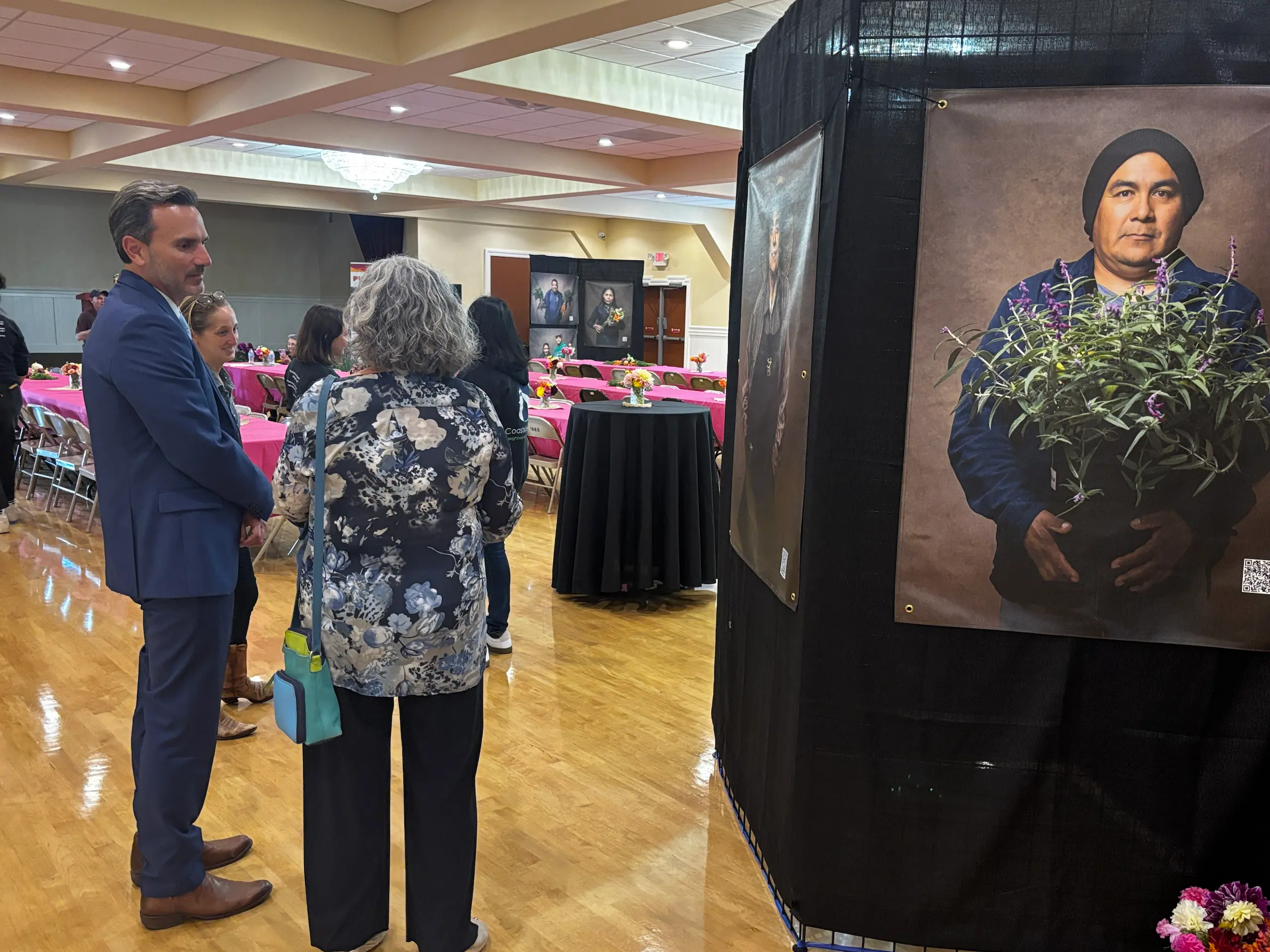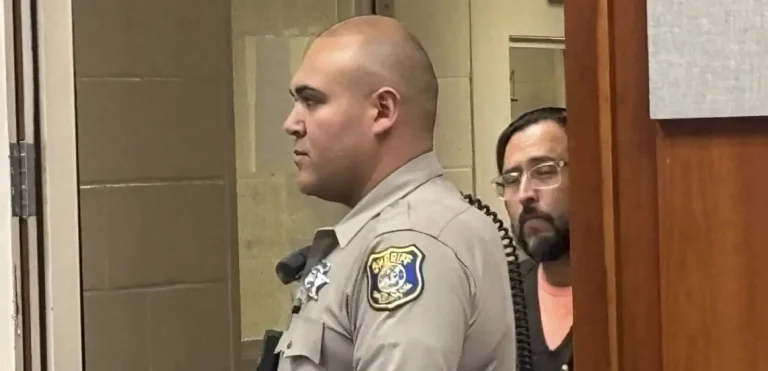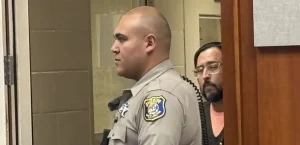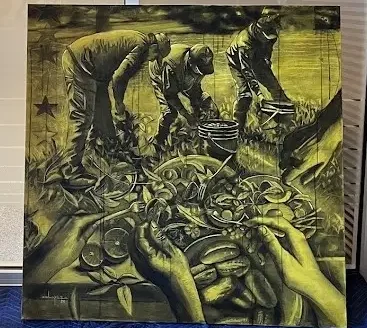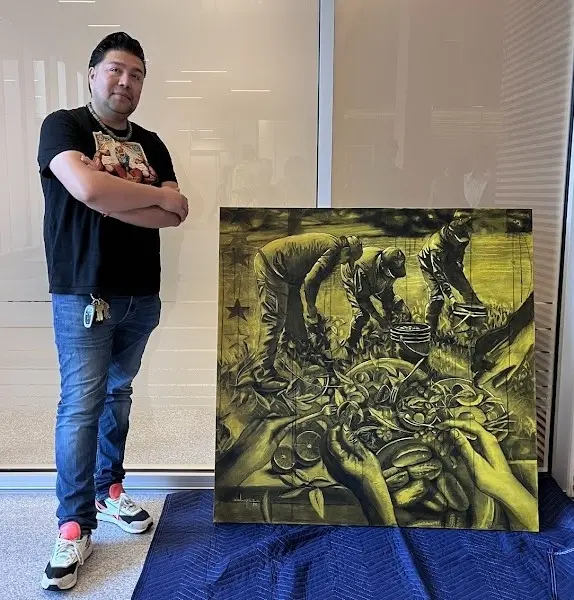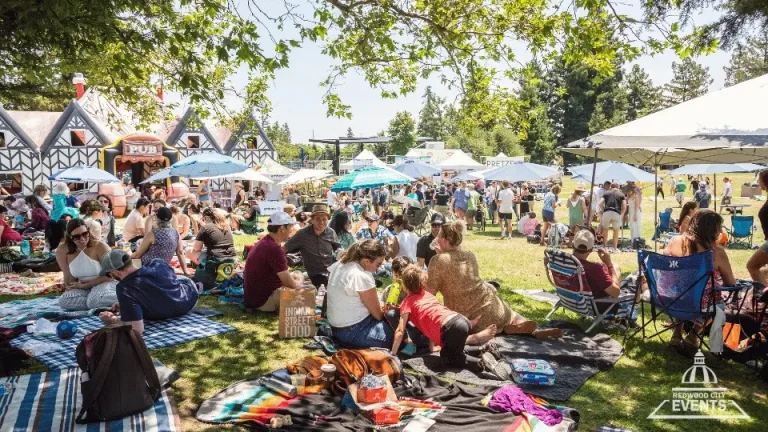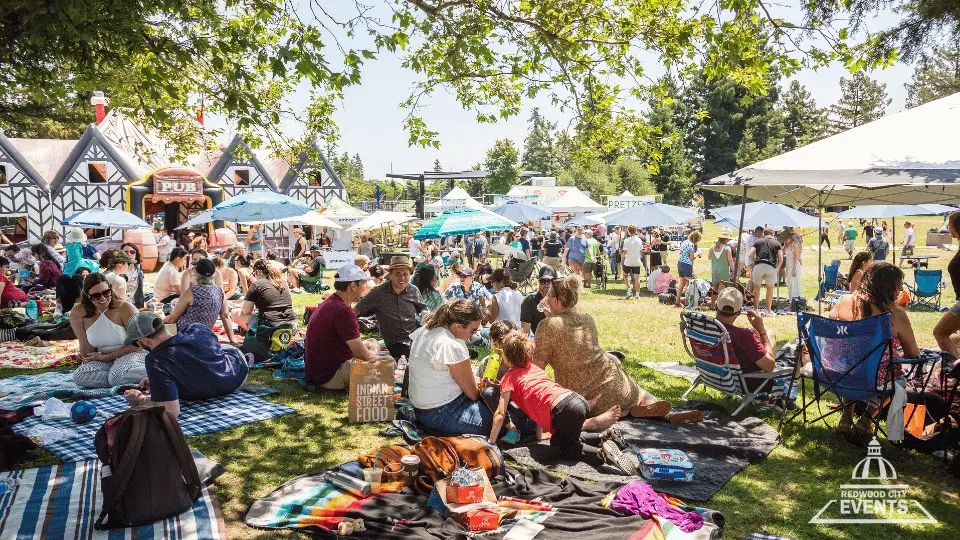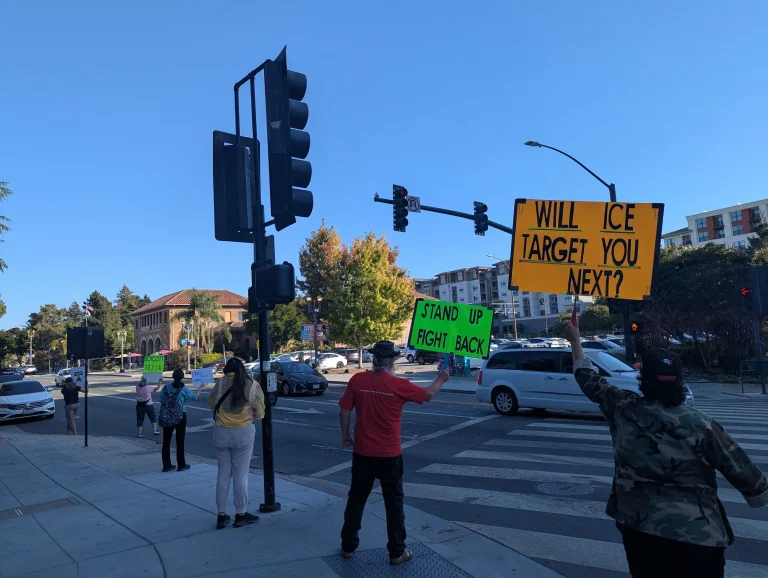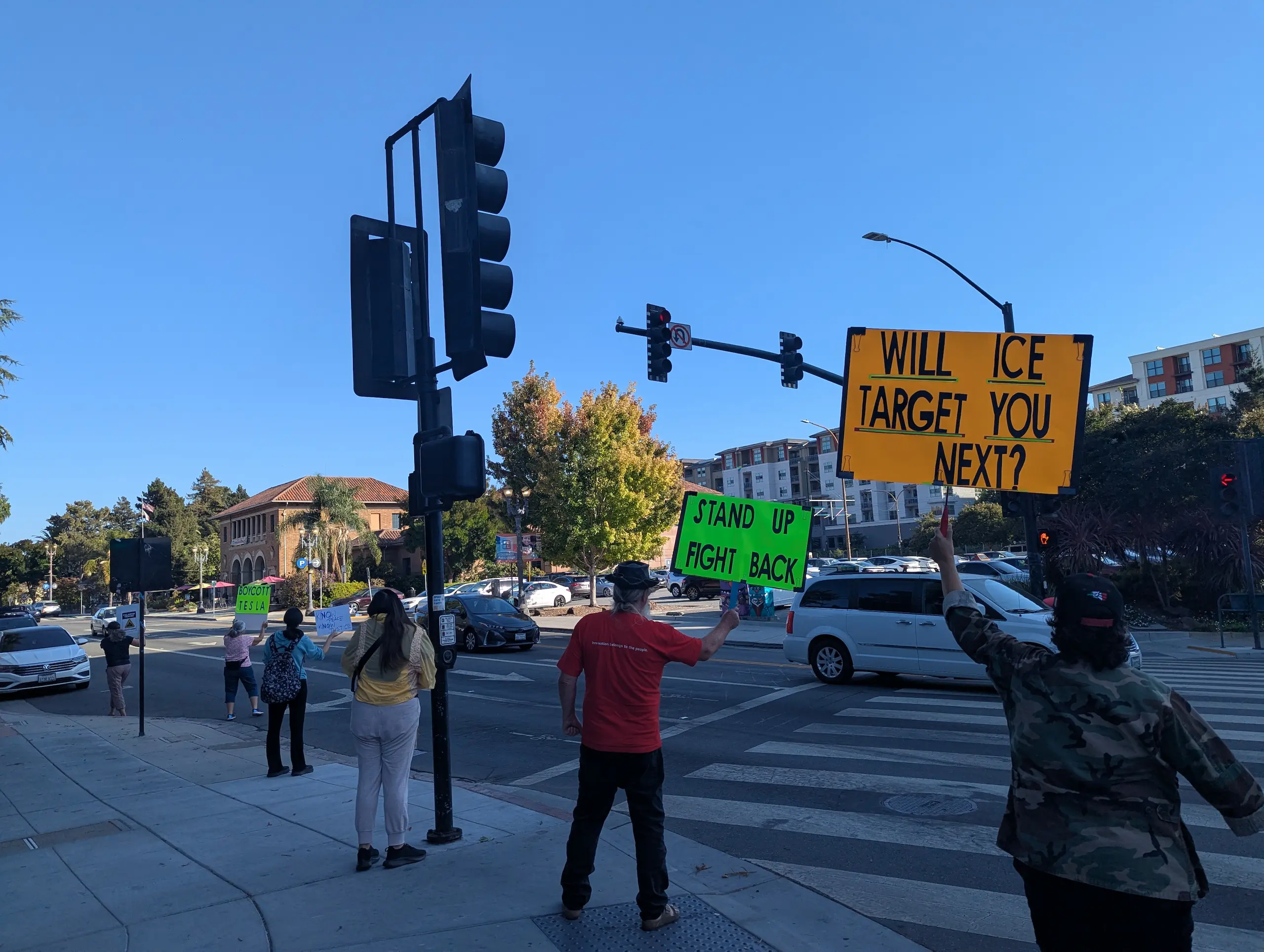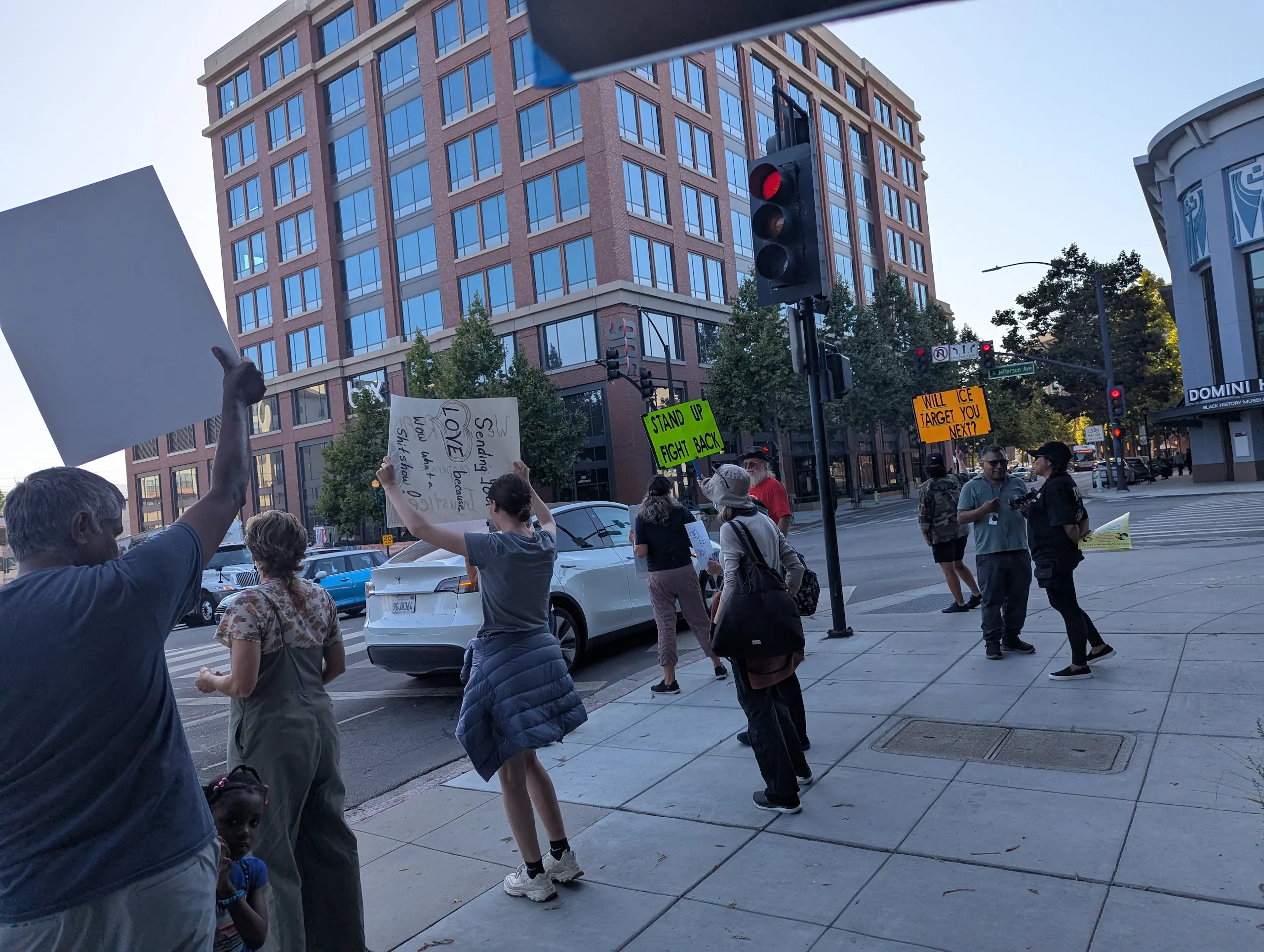Por Pamela Cruz y Hans Leguizamo. Mexican Press Agency
La mañana del sábado, el Monumento a la Revolución amaneció distinto. Entre el bullicio habitual de la Ciudad de México, un respiro de silencio y devoción se abrió paso cuando el fuego sagrado de la Antorcha Guadalupana iluminó uno de sus jardines laterales.
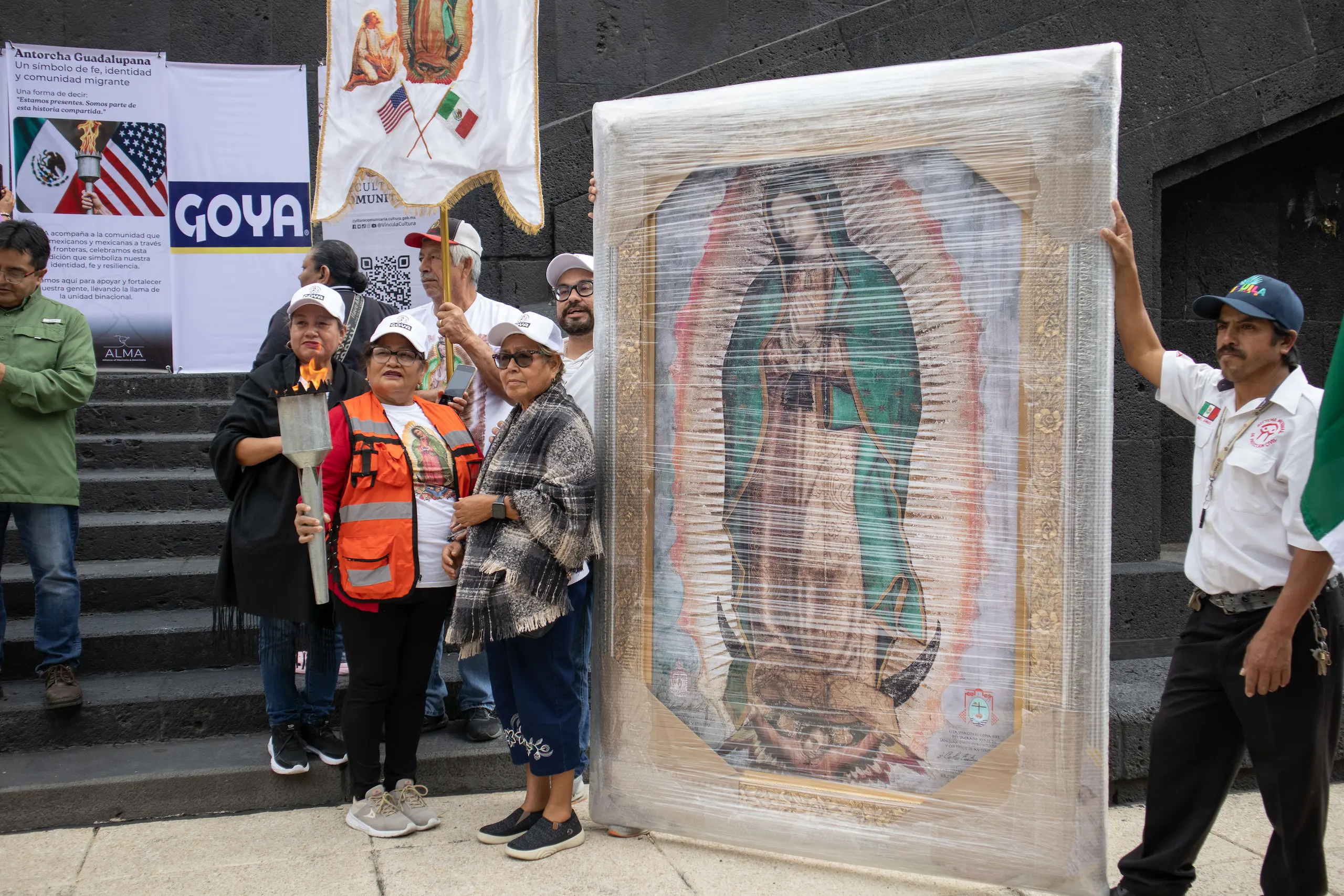
A las ocho en punto, el retrato de la Virgen de Guadalupe y de San Juan Diego avanzaba lentamente, flanqueado por corredores, devotos y banderas de México y Estados Unidos que ondeaban bajo el sol. Acompañaban mariachis, cuyas trompetas y violines parecían anunciarle a toda la ciudad que la “madre de los mexicanos” volvía a emprender camino hacia el norte, hasta llegar a la Iglesia de San Patricio en Nueva York.
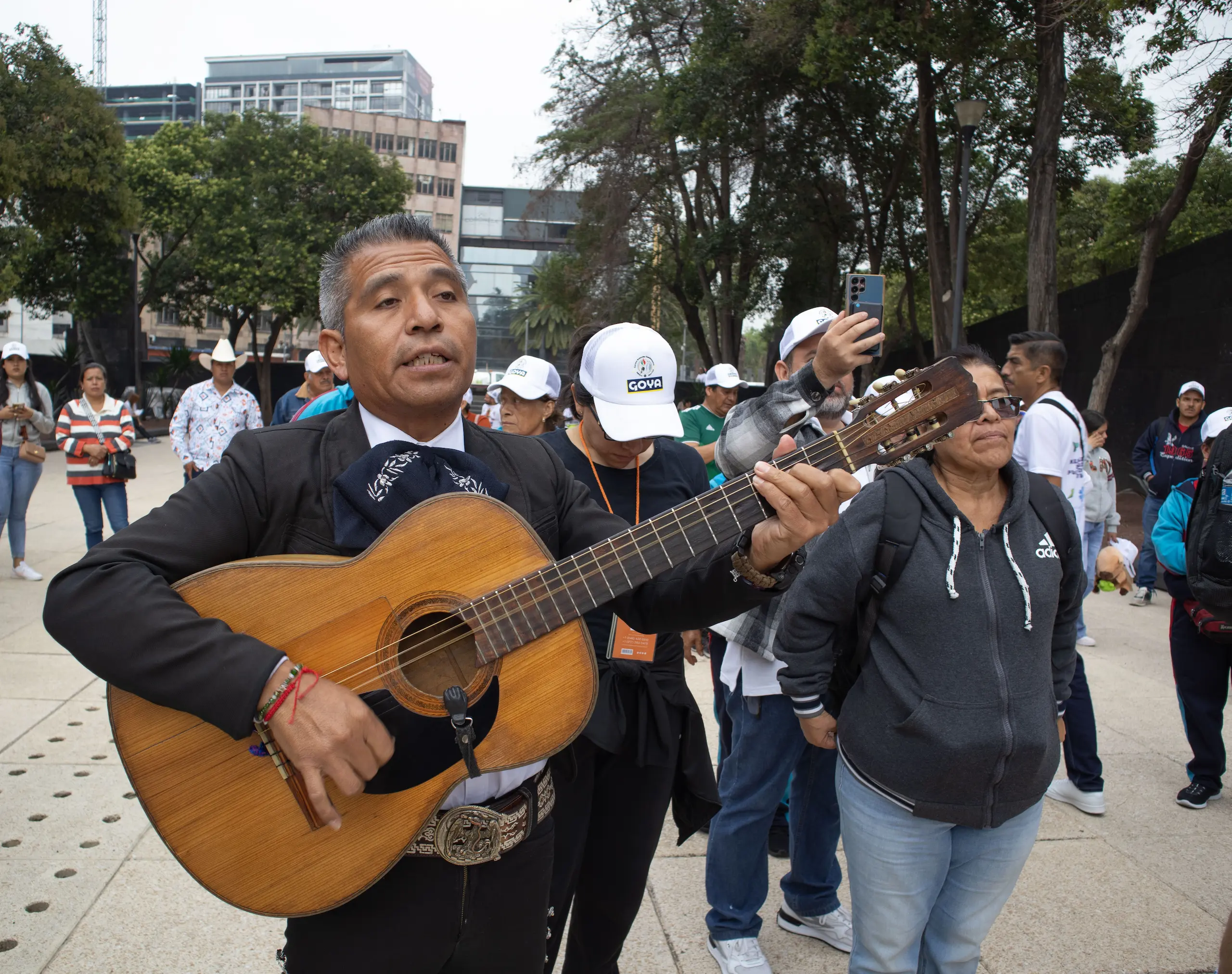
El ambiente era festivo, pero también profundamente emotivo. La antorcha, encendida a los pies del Tepeyac, llevaba consigo un mensaje de fe, unidad y resistencia frente a tiempos difíciles. Para muchos, no se trata solo de correr, sino de enviar una bendición y un abrazo a distancia para sus familiares que viven del otro lado de la frontera.
Entre los presentes, distintas organizaciones —ALMA, GOYA, Asociación Tepeyac, Pulso Nueva York— tomaron el micrófono. El mensaje fue unánime: la Antorcha Guadalupana es símbolo de fe, pero también un llamado a los gobiernos a proteger los derechos de los migrantes y una forma pacífica de rechazar las políticas migratorias del presidente Donald Trump.
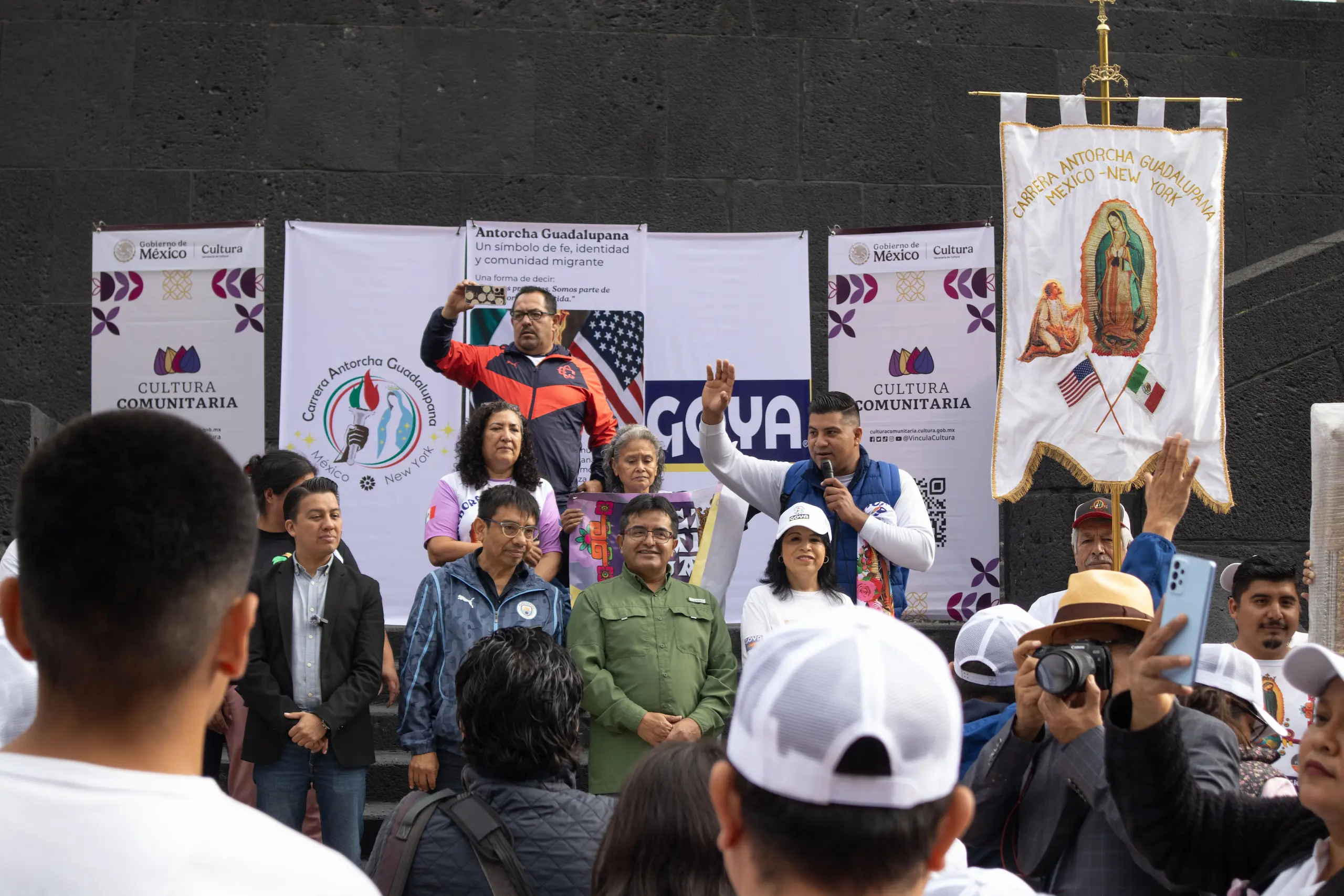
Lucía Margarita Romero, voluntaria que lleva 15 años corriendo la Antorcha, compartió su historia entre lágrimas y fortaleza. Participa en memoria de su hijo migrante, fallecido en un accidente.
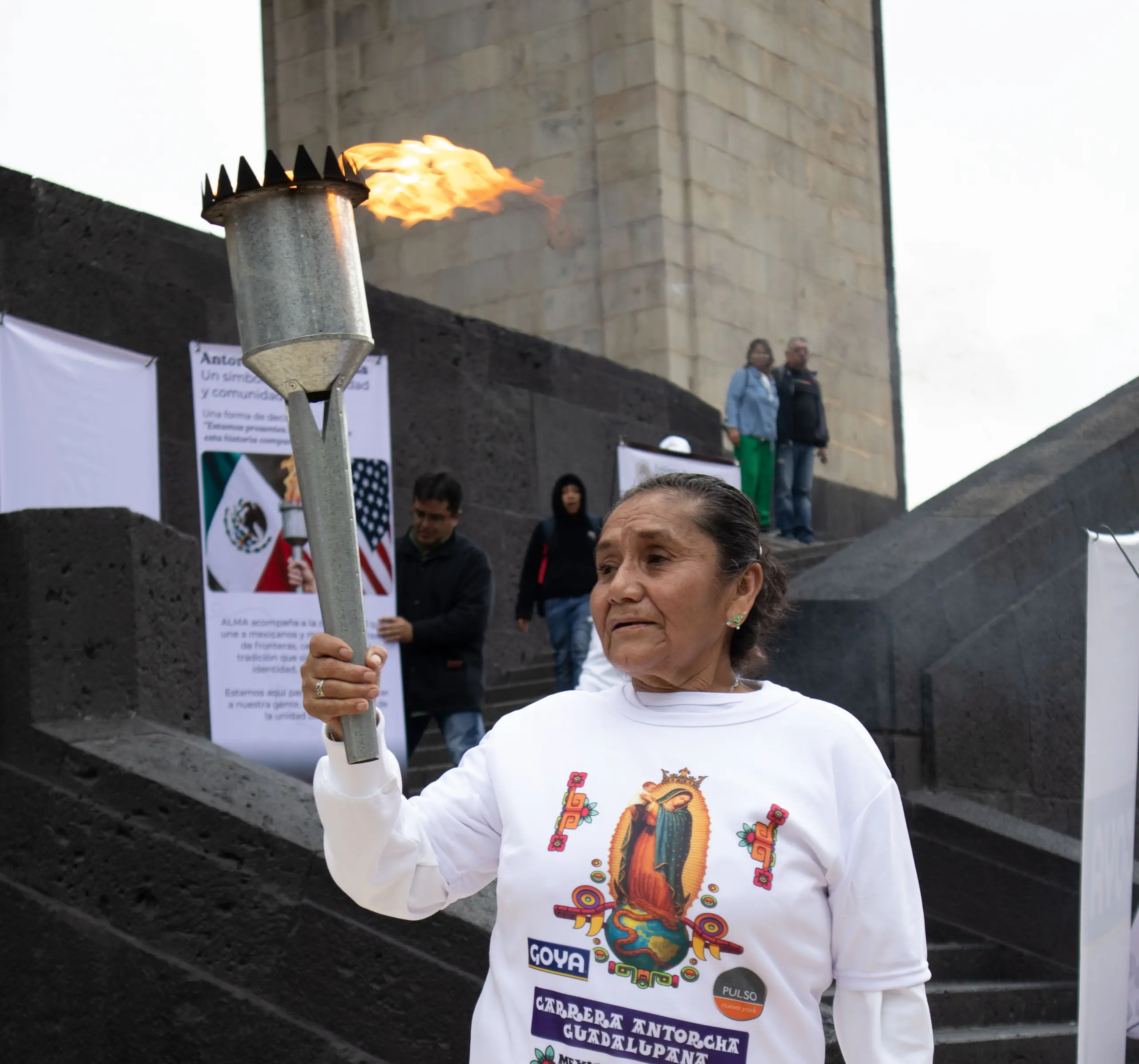
“Aquí vienen los padres a la Basílica, a la misa de salida, y me dicen: ‘llévele este abrazo a mi hijo en Atlanta’. Cuando llego, él corre y me dice: ‘¡jefecita!’, y yo le respondo: ‘mira, te traigo un abrazo de parte de tu papá’. Entonces empieza a llorar”.
Para ella, cada relevo de la antorcha es un puente invisible entre padres e hijos separados por la frontera. “Miles de manos la sostienen, aquí en México y luego en Estados Unidos. Aunque sea de acero, cambia de color, porque ahí quedan plasmadas las manos de quienes esperan y de quienes sueñan”, dijo.
Tras la primera hora, la procesión se convirtió también en convivencia. Tamales y tacos de canasta circularon entre corredores y asistentes que recuperaban fuerzas antes de continuar el trayecto. Entre bocados y risas, las conversaciones volvían una y otra vez al mismo punto: la esperanza de un futuro más justo para los migrantes y la certeza de que la fe en la Virgen es una llama que no se apaga.
La despedida se selló con una fotografía grupal, testimonio imborrable del inicio de esta travesía que unirá nuevamente a México y Estados Unidos. Al cabo de poco más de dos horas, los corredores estaban listos para reanudar el viaje, llevando consigo no solo la antorcha, sino las oraciones, lágrimas y abrazos que cada familia les encomendó.
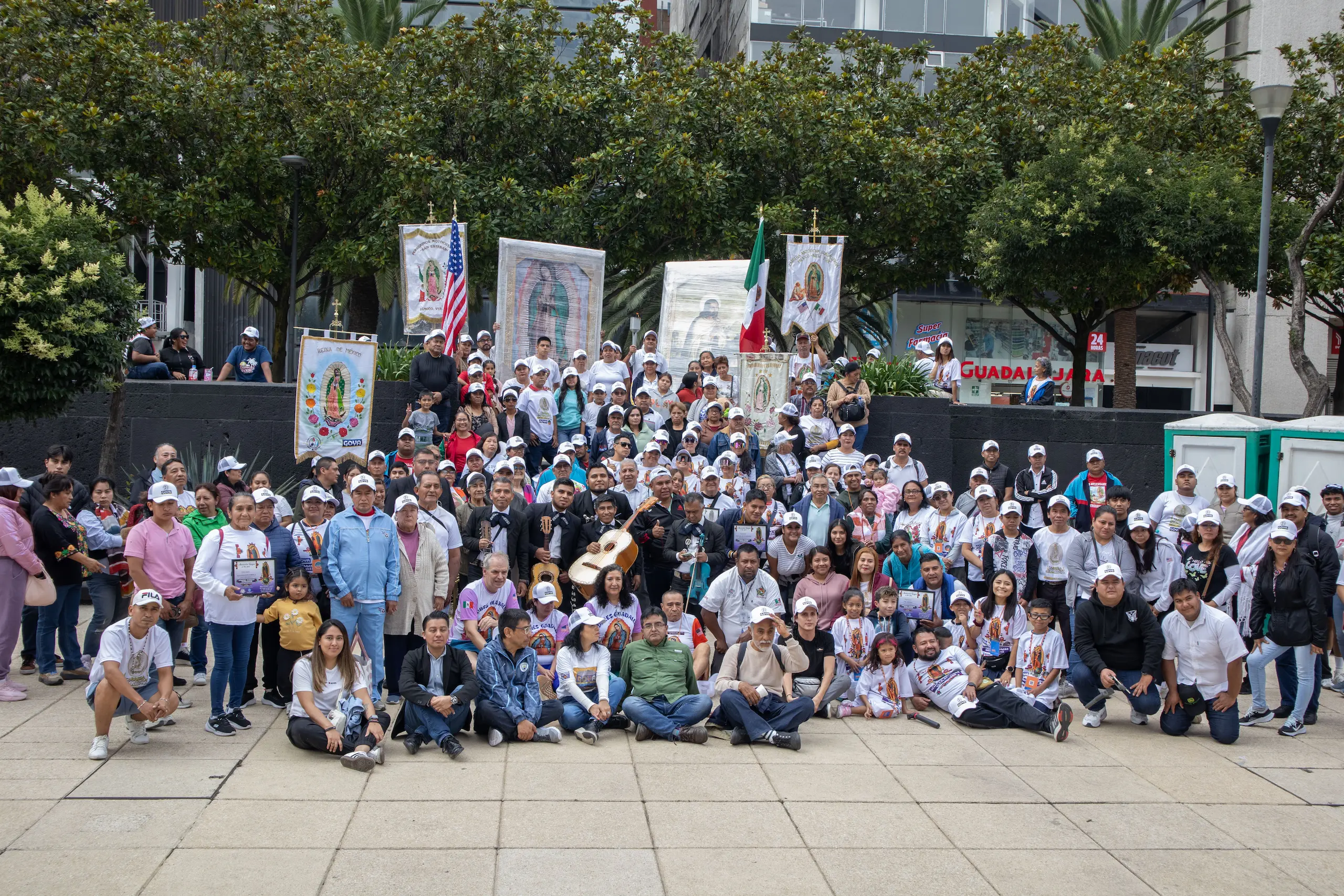
La fe que resiste
La Carrera Antorcha Guadalupana volvió a recordarnos que la fe viaja, que los kilómetros no detienen el amor de un pueblo por sus migrantes, y que cada relevo es, en el fondo, un abrazo enviado desde la Basílica del Tepeyac hasta las calles de Nueva York.

Es también una metáfora viva: así como el fuego se mantiene encendido gracias a miles de manos que lo protegen, la esperanza de los migrantes se sostiene con la fuerza de toda una comunidad que, entre rezos, cantos y pasos, insiste en que la fe puede ser también resistencia y unión.
You may be interested in: San Francisco celebra la XVII Semana de Derechos Laborales: apoyo a trabajadores migrantes sin importar su estatus

